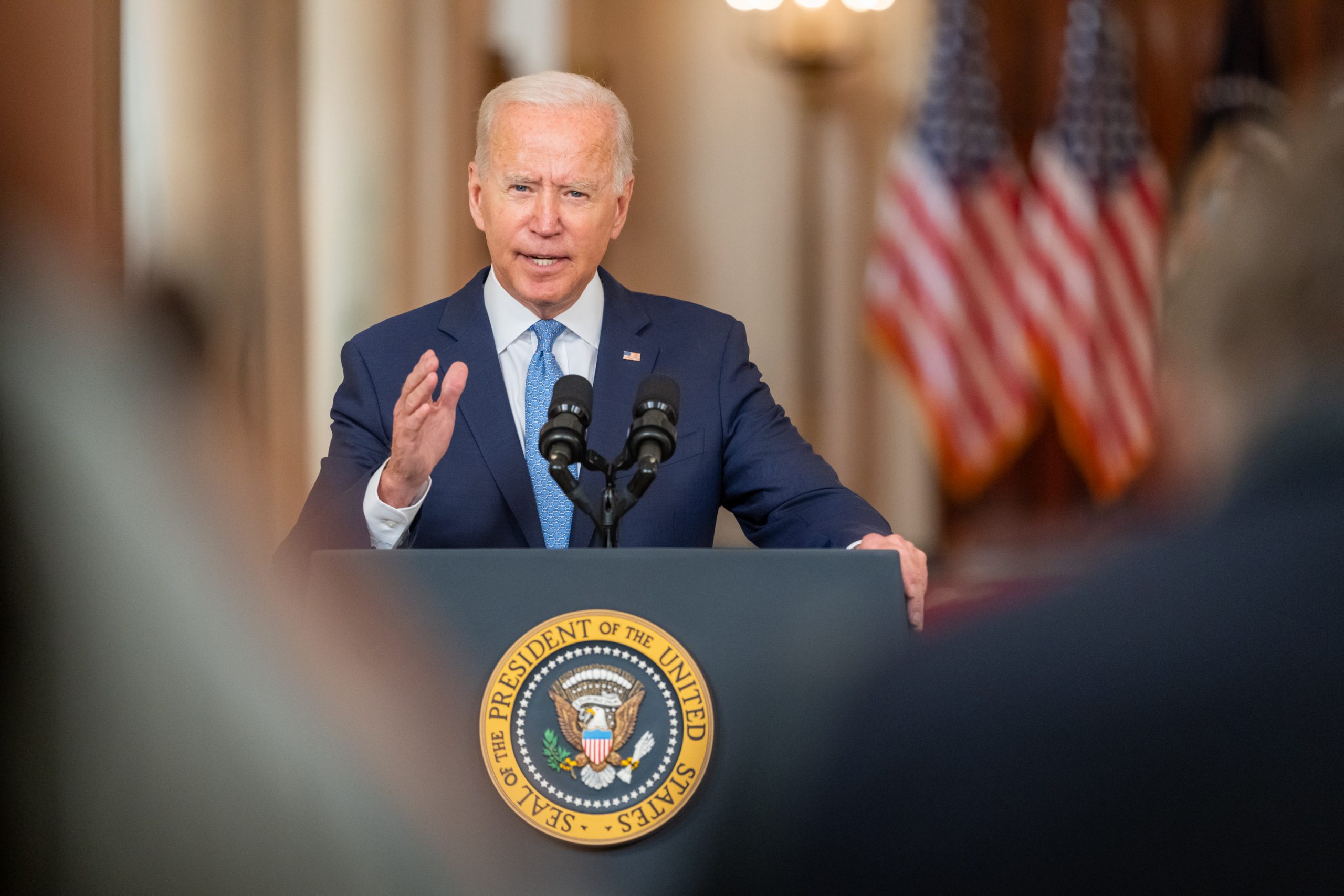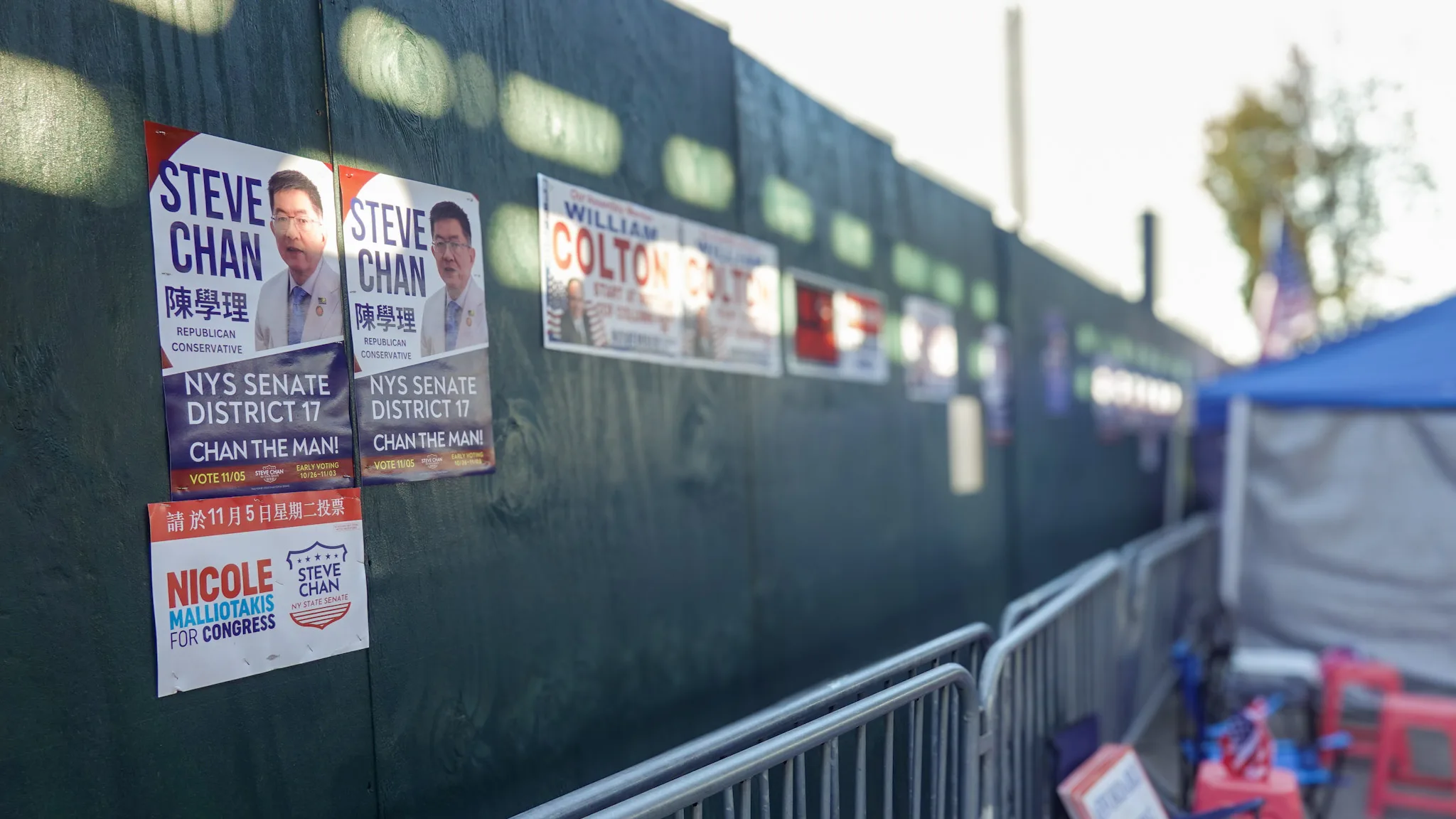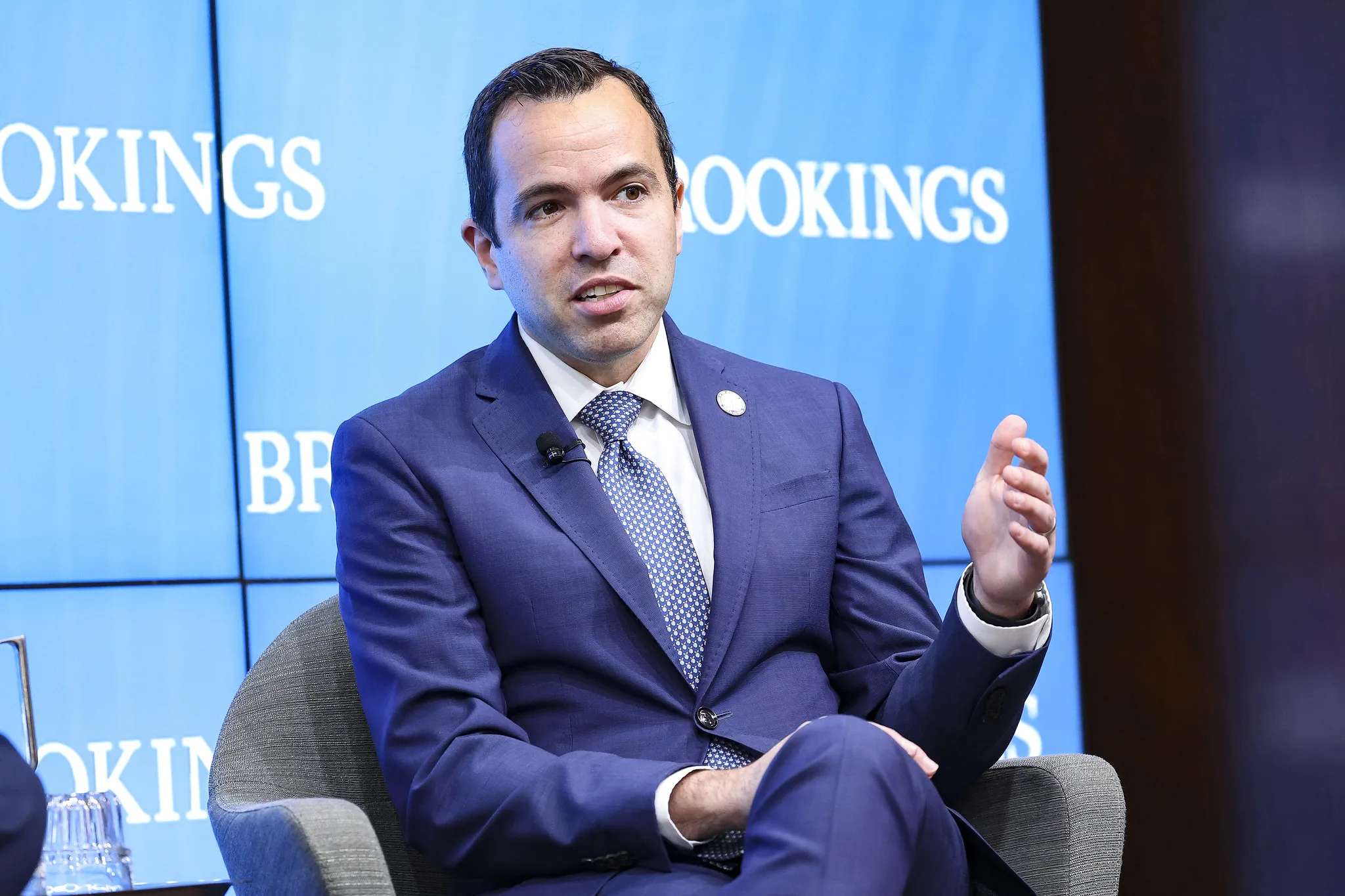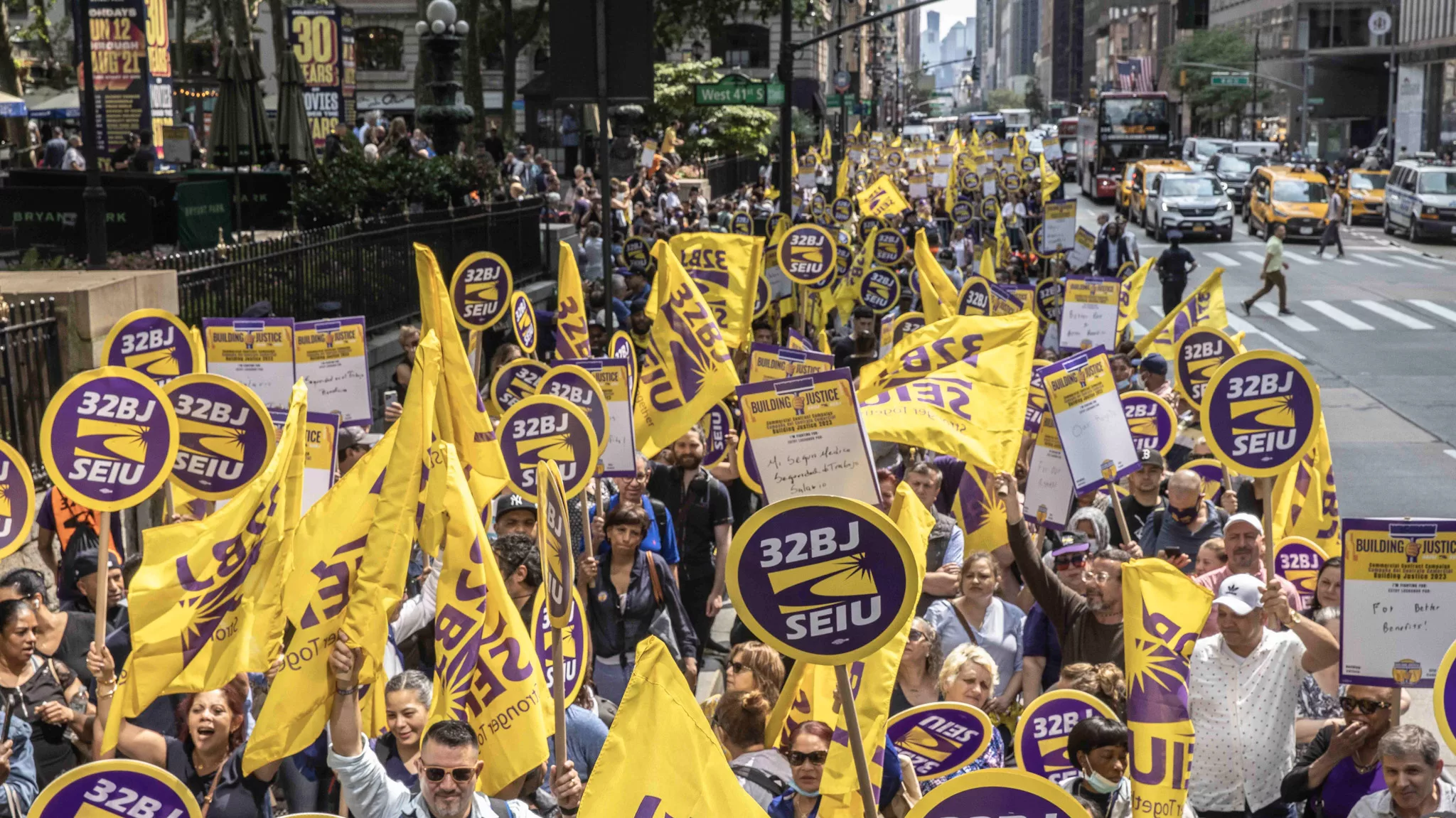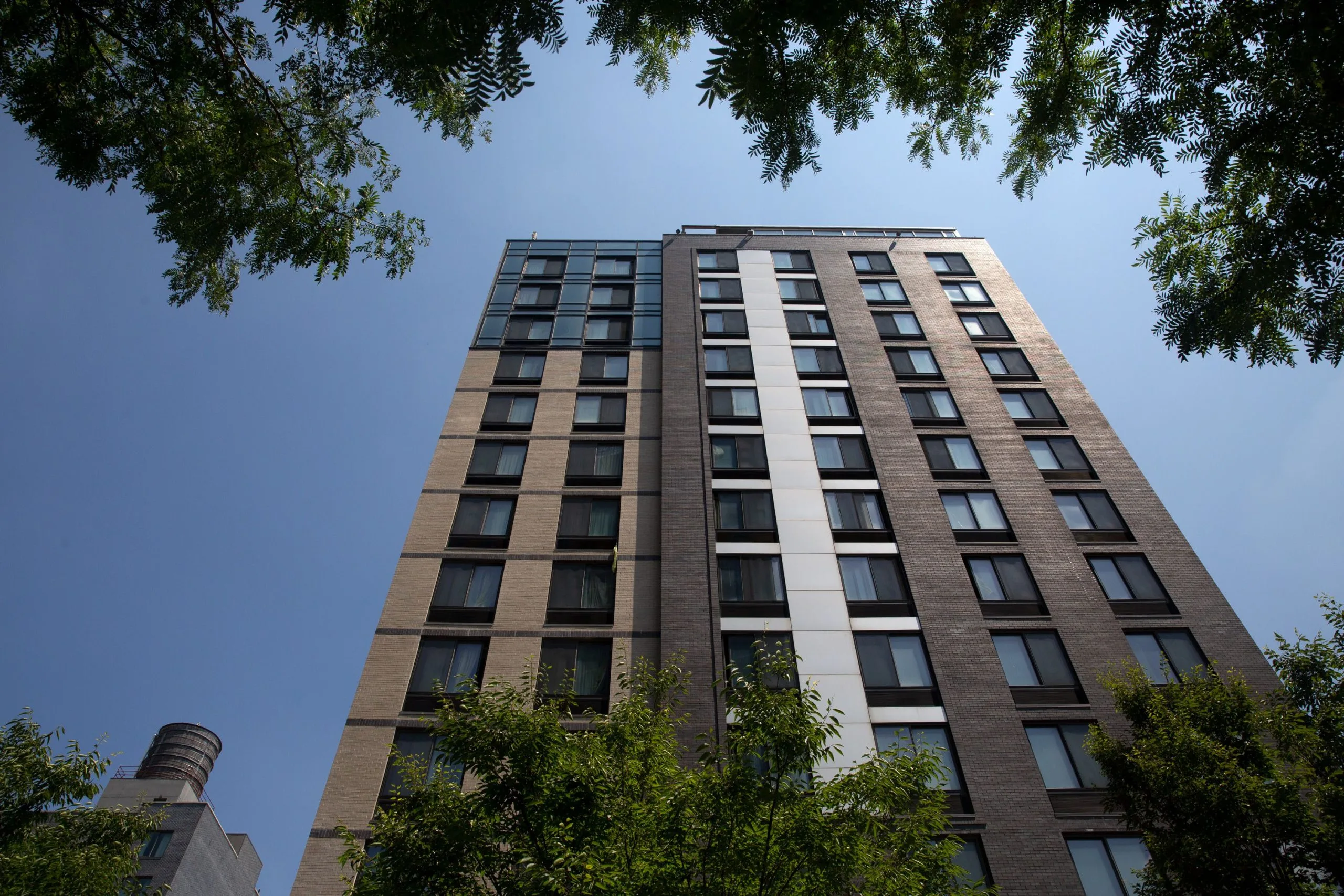Exactly five months to election day this year, the Biden administration did what readers, electorates and anyone who is generally familiar with political tactics wouldn’t find too surprising: bet on a last minute policy to lure more votes towards the Democratic Party.
The Biden administration on Tuesday issued an executive order along with an interim final rule allowing for restrictions at the border when migrant crossings reach a certain point. As soon as border crossings reach an average of 2,500 for seven consecutive days, border officials will make use of Biden’s new policy to prevent migrants from entering the U.S.
Also Read: Immigrant New Yorkers Debate Trump at Rally in the Bronx
When that number eventually falls to a seven-day average of 1,500, border officials will allow undocumented migrants seeking asylum through the border to enter the U.S. again. Right now, the number of people crossing already exceeds the 2,500 threshold. As recently as Sunday, more than 3,500 people crossed the border without authorization.
Over the years, undocumented migrants caught at the border have been processed for release into the U.S. to plead their case in immigration courts — where there’s a huge backlog of pending cases.
Biden’s new executive order kicked off at 12:01 a.m. today.
“Frankly, I would have preferred to address this issue through bipartisan legislation,” said President Joe Biden while announcing the executive order at the White House. “That’s the only way to actually get the kind of system we have now — that’s broken — fixed, to hire more Border Patrol agents, more asylum officers, more judges. But Republicans have left me with no choice.”
Republicans think the announcement is disingenuous, particularly because the proclamation comes just a few months before election day. In former President Donald Trump’s words, “It’s all about show.”
Speaker Mike Johnson, Republican of Louisiana, at a weekly news conference Tuesday, called Biden’s approach “Weak,” adding, “If he was concerned about the border, he would have done this a long time ago.”
Arizona Senator Mark Kelly, a democrat and a key supporter of Biden’s executive order said on PBS NewsHour last night: “Well, he’s been calling on congress for 3 and half years to do something on this issue … . The President was put in a situation where he had to do this unilaterally without congress. But ultimately, the solution is for congress to come back together — I hope it can happen soon, it may have to wait until after the election, unfortunately — and have … comprehensive immigration reform … .”
President Biden has said his approach differs from former president Trump, who continues to use disparaging language to attack and vilify immigrants in the U.S.
Invoking Section 212(f) of the Immigration and Nationality Act (INA), President Biden follows in the footsteps of his predecessors — including former presidents Obama and Trump — who have used their authority in the same law. The Trump administration is notable for its broad and extensive use of the authority to execute several significant restrictions on the entry of immigrants into the U.S. This includes a series of orders commonly referred to as “the Muslim Ban” or “the travel ban.” Trump also used it in October 2018, to restrict the entry of immigrants at the U.S. southern border between ports of entry.
The American Civil Liberties Union has announced that it will file a lawsuit against the Biden administration, challenging the executive order in court. The American Immigration Council, Tuesday, released a basic analysis of the President’s authority under INA Section 212 (f), and plans to release a report that analyzes the direct impact of Biden’s current executive order on asylum ban.
This summary was featured in Documented’s Early Arrival newsletter. You can subscribe to receive it in your inbox three times per week here.
